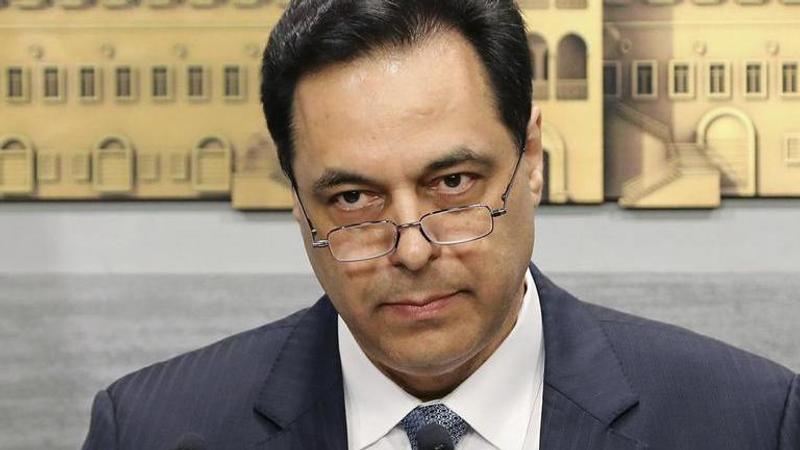Published 04:12 IST, April 25th 2020
Lebanon PM: Central Bank Gov responsible for currency falls
Lebanon's prime minister said on Friday he was holding the country's Central Bank governor responsible for the downward spiral of the national currency, accusing him of pursuing "opaque" policies that sent the pound crashing against the dollar.

Lebanon's prime minister said on Friday he was holding the country's Central Bank governor responsible for the downward spiral of the national currency, accusing him of pursuing "opaque" policies that sent the pound crashing against the dollar.
The government has agreed with Lebanon's president to hire an independent international auditing company to review the Central Bank's performance, Prime Minister Hassan Diab said.
The move, and the premier's speech, were an indication of a widening rift with the country's longtime chief financial decision-maker, Governor Riad Salameh.
Diab urged Salameh to speak openly to the public about the financial crisis, hinting that the governor has intentionally engineered the crash of the pound.
The Lebanese pound has been on a downward trajectory for weeks amid a worsening liquidity crunch and an economic slump.
But it appeared to be in a free fall over the last few days, selling as low as 3,800 pounds to the dollar, down from a fixed peg of 1,500 pounds to the dollar in place for 30 years.
The Central Bank's decision earlier this week requires local banks to convert cash withdrawals from foreign currency accounts to the pound, at a market rate determined daily by the banks.
It also applies for money transfers, which was first implemented Friday, when Lebanese media said the rate was 3,625 pounds to the dollar.
The decision sucked dollars out of the market, driving up the black market price, as well as panic among depositors.
Protesters took to the streets on Thursday to denounce the governor's decision in rallies that had all but disappeared since movement restrictions were put in place because of the spread of the coronavirus.
Experts say the Central Bank's decision is likely to swamp the market with the Lebanese pound and appeared designed to replenish the local banks' foreign currency reserves and reduce the gaps in their balance sheets.
Updated 04:12 IST, April 25th 2020




